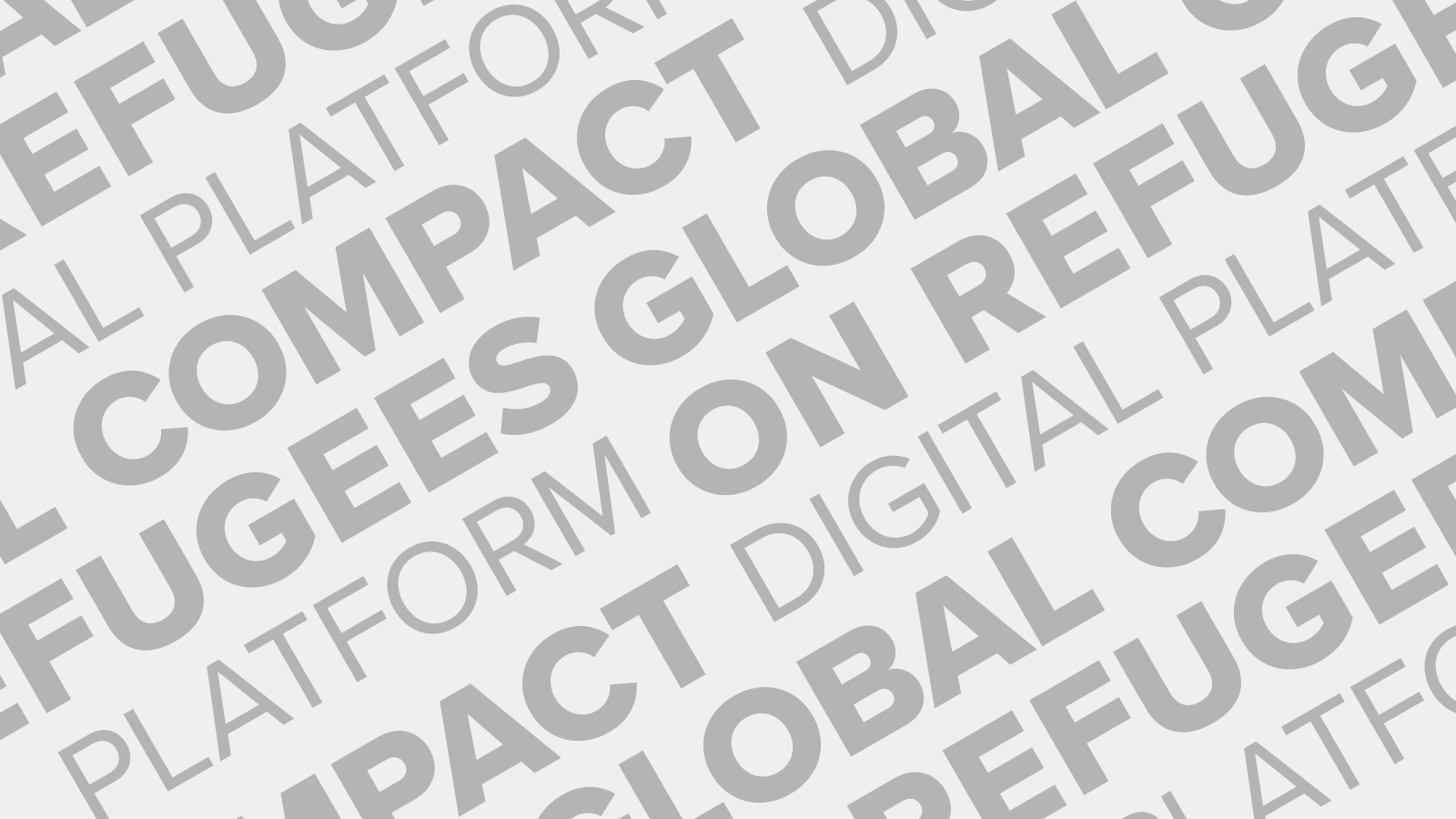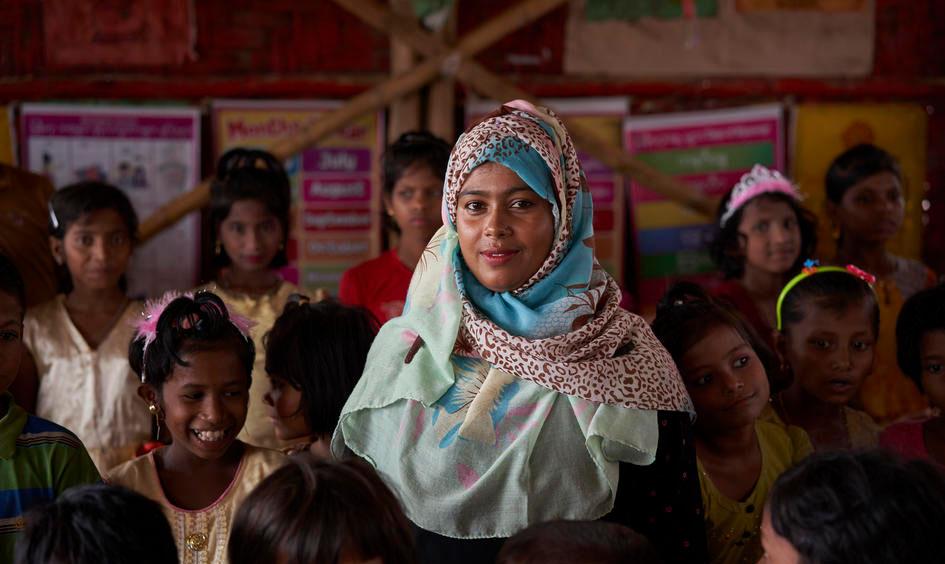Contact details
Submitted by: Carmen Ghaly, Senior Protection Officer Settlement Services International (SSI)
Email: [email protected]
Introduction to the project
Country
Australia
Duration
2016-present
Project aims
The programs aim to support resettled refugees in Australia become self-reliant. It focuses on inclusion, strengthening the skills of refugees, training and mentoring and securing employment.
Resources used
Financial, technical and material
Partners
Allianz
Results of the Good Practice
- SSI-Allianz Sustainability Employment Program. The program has improved economic participation across disciplines including accounting and finance, learning and development and customer service.
- The SSI-Allianz Program has supported more than 25 refugees into permanent employment. SSI has strengthened the capacity of the private sector through SSI’s Cultural Responsiveness and Inclusion training supporting the private sector with sustainability of a diverse work force. The training also supports inclusion through strengthening the capacity of staff to integrate the new recruits.
- Allianz Ladder Program; Allianz in partnership with SSI supports young refugees with business skills, mentoring and leadership through a simulated learning environment, The Experience Centre. Nine refugee participants have secured 12-month cadetships in Allianz.
Main activities of the Good Practice
SSI has developed multi-faceted employment and enterprise programs to contribute to economic inclusion and refugee self-reliance in resettlement. SSI programs include individual case management focused on employment, social enterprise, entrepreneurship and partnerships with the private sector.
SSI’s partnership with the private sector, specifically Allianz, meets the objectives of the Global Compact on Refugees through enhancing refugee self-reliance and supporting solutions in resettlement and integration. The programs have been developed and implemented through a multi-stakeholder approach responding to the needs of refugees resettled in Australia. The programs have resulted in tangible benefits for refugees participating in the program, as well as benefits for Allianz. The SSI-Allianz partnership has engaged refugees in the design and implementation of its programs and continues to do so through the evaluation processes.
The programs that have been developed through the partnership have included meaningful multi-stakeholder collaboration that has resulted in an evidence-based approach to meet the needs of refugees. The partnership ensures consideration is given to age, gender and diversity in the programs that are designed and implemented.
The partnership and the two programs highlighted, the SSI-Allianz Program and the Allianz Ladder Program, can be replicated in various contexts of new and emerging resettlement countries. The partnership approach and programs can also be adapted and scaled to host communities with local employers.
Challenges
- The competitive nature of the program due to limited Allianz cadetships heightens participant anxiety.
- The time and resources needed to develop and maintain stakeholder relations.
How the challenges were overcome
-
Participant anxiety is mitigated through focused post-project support and external placement by SSI’s recruitment consultants.
- Independent evaluation of the program was undertaken after the first round with participant feedback being overwhelmingly positive.
- Key internal staff member allocated as relationship contact.
Next steps
There are vital lessons from the partnership programs that are applicable to other contexts, including the importance of strategic partnerships with organisations, and drawing on the inherent strengths of multi-stakeholders to deliver quality programs to refugees.
SSI and Allianz will continue their partnership in finding innovative solutions to increase refugee self-reliance. SSI and Allianz will ensure that the solutions are aligned with the objectives of the GCR/GRF and continue to work within the principle of responsibility-sharing.
SSI will aim to continue partnering with the private sector to achieve outcomes for resettled refugees, to support new/emerging resettlement countries and host countries with sharing good practice and technical support where possible.


